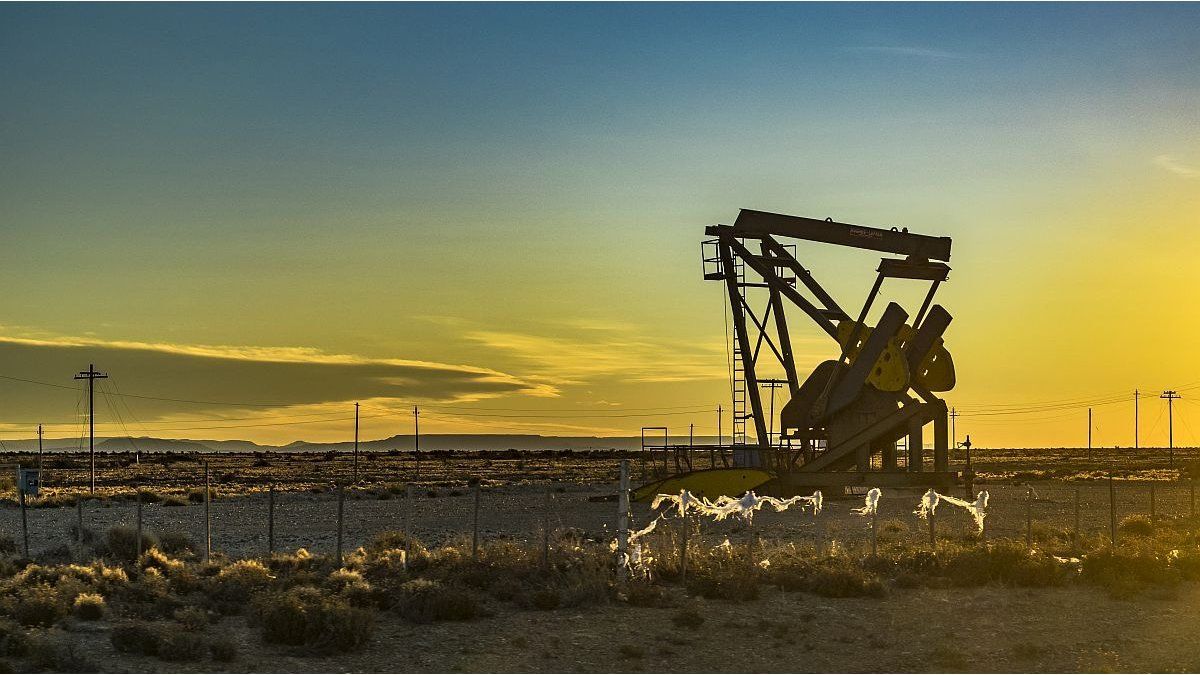The bill, titled “Bases and starting points for the freedom of Argentines” raises the withholdings on all exports at 15% and maintains those that are above those values. As agreed by the Government with the Liaison Table, 0% withholdings will remain in force for some regional economies. The novelty introduced by the so-called “omnibus law” is that hydrocarbons and mining will be the only two sectors that will not suffer an increase in export duties, and they will maintain the ones they currently have. There were minerals, such as copper or lithium, where million-dollar investments were in danger, the private sector had claimed.
The novelty introduced by the bill presented this Wednesday before the Chamber of Deputies is in article 204, and impacts the energy and mining sector: “Maintain the validity of the export rights currently in force for hydrocarbons and mining. The National Executive Branch will identify the tariff positions of the Mercosur Common Nomenclature included in this article.”
For the rest, with exceptions, The rest of all exports will have 15% withholdings. Article 200 sets the export duty rate at 15% for all merchandise included in the Mercosur tariff positions that are currently not taxed. Article 201 anticipates that positions that were taxed but with a rate lower than 15% will suffer an increase. While merchandise that was already taxed 15% will maintain it. This impacts the industry: previously, raw materials and basic inputs were taxed at 4.5%, processed inputs at 3%, and final industrial goods at 0%.
Where there will be exceptions is in sectors that had already been notified. After the announcement by the Minister of Economy, Luis Caputo, that there was going to be an increase in withholdings, the Liaison Table quickly achieved two meetings with the Government in less than a week. In those two meetings they managed to wine complex and lemon essential oil will now be subject to withholding taxes, but not at 15%, but at 8%. This is established in article 205. In any case, there is strong discomfort in the sector, which sought to make it 0%.
Where withholdings will be maintained at 0%, just as the former Minister of Economy had left them, Sergio Massa, is in some regional economies. This is how it was defined in article 206: “The export duty rate is set at 0% for all merchandise corresponding to the following export complexes“: olive, rice, bovine hides, dairy, fruit, horticulture, beans, lentils, peas, potatoes, garlic, chickpeas, honey, sugar, yerba mate, tea, horses and wool.”
Beyond all the details, article 207 ensures that New modifications established by the Executive Branch could arise to be able to lower withholdings in other sectors: “It is established that, within the framework of the emergency and considering the powers granted to the National Executive Branch through articles 755 and related articles of Law No. 22,415 (Customs Code) and its amendments, it is delegated to the National Executive Branch, with the “in order to stimulate, by virtue of the prevailing economic circumstances, the development of certain sectors, the power to reduce the rate of export duties.”
Finally, another of the changes introduced by the project, and which was the target of strong criticism from the cereal sector, is the increase to 33% of withholdings for soy by-productswhich currently had a spread of 2 points and paid 31%.
Impact on hydrocarbons and mining
The announcement to increase withholdings to 15% for the entire economy had generated strong rejection among businessmen in the sector, who let the authorities know. In the case of hydrocarbons, what is exported the most is oil, which paid 8%, and will continue to do so.
Last week, after the national network where the president Javier Milei presented the DNU, Minister Caputo, together with the Chief of Staff, Nicolás Posse, held a meeting at Casa Rosada with the country’s main businessmen in energy matters: Paolo Rocca (Techint), Damián Mindlin (SACDE) and Miguel Galuccio (Vista). Regarding what was discussed at the meeting, official sources limited themselves to reporting that the agenda was “energy and Vaca Muerta.”
Although the sector was upset, and they made it known in the hallways of the Sheraton during the day of the oil and gas lunch, they also assured that in the short term they would benefit from the devaluation of the exchange rate, the elimination of the Creole barrel for gasoline, the liberalization of fuel prices and the deregulation for firm exports. That is why they had not come out to complain publicly.
In the case of mining, the unrest was greater. This is because currently Gold, silver and lithium have withholdings of 4.5%. Furthermore, if the exception did not occur, private sector sources anticipated that copper projects could be paralyzed. It is a mineral with growing demand worldwide, which Argentina has in quantity, but does not currently produce. If investments in the projects move forward, It would imply disbursements of more than US$20 billion in the next decade.
Furthermore, the mining sector’s complaint is that the investments for the projects are very long-term, and that due to the mining investment law of the 1990s, it should have fiscal stability for 30 years. If the projects continue, Argentina could become the world’s second largest lithium producer in one year (2025). Milei revealed in television statements that Elon Muskthe second most powerful businessman in the world, is interested in Argentine lithium. There will be no modification of withholdings.
Source: Ambito




